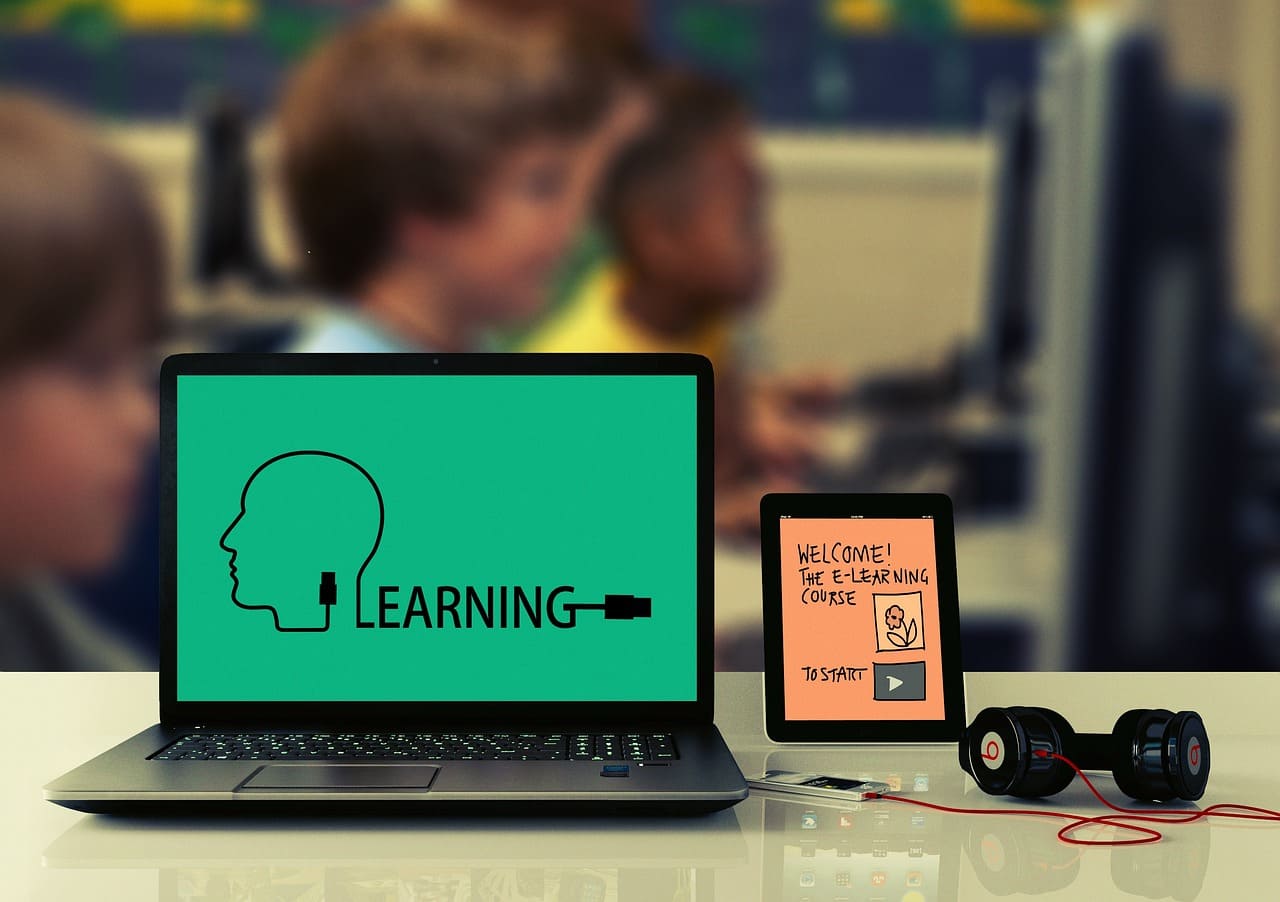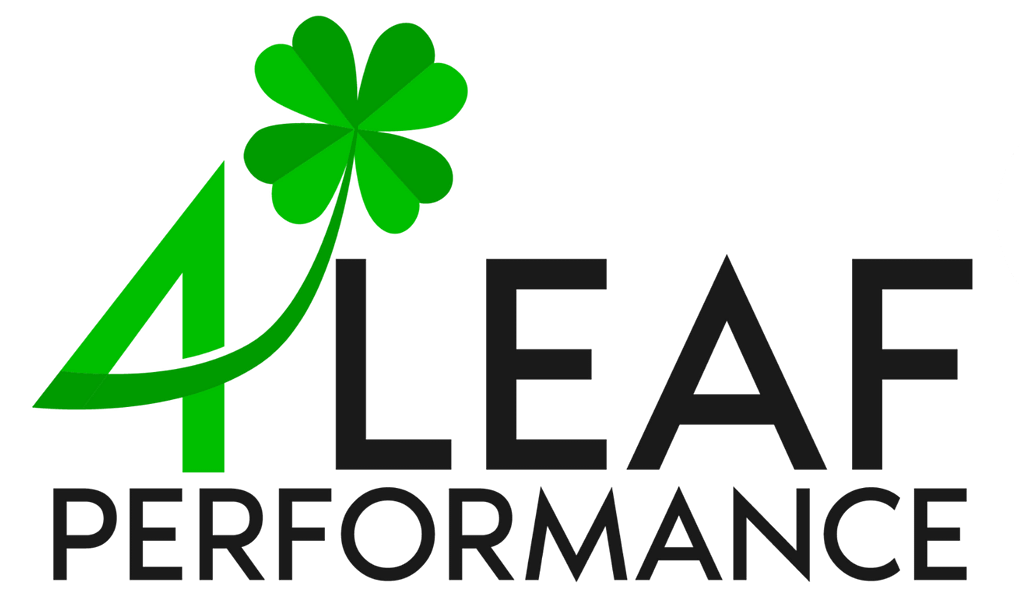Success is no longer defined by a degree or a single career path. The key to staying ahead is lifelong learning. More than ever, employers and leaders alike are seeking out individuals who embrace continuous learning to stay adaptable and relevant in the face of change.
Lifelong education extends beyond formal schooling; it seeks growth and personal development opportunities that align with your goals. Whether advancing in your career or finding new ways to achieve personal fulfillment, lifelong learning empowers you to redefine success on your terms.
What is Lifelong Learning?
Lifelong learning is the ongoing, self-motivated pursuit of knowledge and skills throughout one’s life. Unlike traditional education, lifelong learning takes many forms, from reading books to taking online courses or joining workshops. It’s an approach that embraces learning as a part of everyday life.
The goal of lifelong learning isn’t just to obtain certifications or degrees. It’s about continuous learning that helps you adapt, grow, and stay relevant in an ever-changing world. Whether working on leadership development, learning a new hobby, or expanding your professional expertise, lifelong education provides a foundation for continuous growth.
Lifelong learning also redefines success by focusing on personal development and adaptability. In today’s world, having a fixed set of skills isn’t enough—you need to stay open to change and be proactive about expanding your knowledge base. Engaging in lifelong education helps you develop new skills and empowers you to set your own standards for success.
Lifelong Learning and Career Advancement
Lifelong learning is essential in advancing your career, especially in today’s job market.
Staying Relevant in a Changing Industry
Industries are evolving faster than ever, and keeping up with new trends and technologies is key to staying relevant. By embracing lifelong learning, you can ensure your skills remain up-to-date and aligned with industry demands. Whether learning a new software program or keeping pace with industry developments, continuous learning helps you adapt to changes, making you a valuable asset to your team.
Developing Expertise
One of the most significant advantages of lifelong learning is the ability to develop deep expertise in your field. Becoming an expert means being the person your team turns to for insights and solutions, which can set you apart professionally. Pursuing specialized courses, attending workshops, or engaging in self-study can help you build this level of knowledge. This expertise enhances your career prospects and opens doors to new projects and leadership roles.
Fostering Leadership Skills
Lifelong learning is also crucial for leadership development. You need to be adaptable and well-versed in various skills to lead effectively. By continuously learning, you develop a broad understanding of different areas, including communication, problem-solving, and decision-making. These skills are essential for effective leadership and help you confidently guide your team.
Enhancing Problem-Solving Capabilities
Career advancement isn’t just about moving up the ladder—it’s also about tackling challenges effectively. Lifelong learning enhances your problem-solving ability by exposing you to new approaches and perspectives. The more you learn, the better equipped you are to think creatively and find solutions to challenges you encounter in your career.
Building a Competitive Edge
In highly competitive job markets, standing out can be challenging. Lifelong learning gives you an edge by demonstrating your commitment to growth and adaptability. Employers value team members who take the initiative to learn independently and improve their skills. By showing your dedication to continuous learning, you position yourself as a proactive and capable professional ready to take on new challenges and responsibilities.
Adapting to New Opportunities
Whether changing roles, transitioning into a different industry, or taking on a new project, being adaptable and willing to learn ensures you’re ready for whatever comes next. By keeping an open mind and seeking learning opportunities, you create a path for continuous career growth that aligns with your evolving goals.

Personal Fulfillment in Lifelong Learning
Lifelong learning is not just about career advancement—it’s also a vital part of achieving personal fulfillment. Continuous learning opens the door to new experiences, hobbies, and perspectives that enrich one’s life.
Nurturing Curiosity
Curiosity is at the heart of lifelong learning. When you explore new topics, you find joy in discovering different ideas, skills, and hobbies. This sense of curiosity helps you stay engaged with the world and prevents life from stagnating. Whether learning a new language, trying your hand at a creative art, or studying a subject that fascinates you, nurturing curiosity brings excitement and adds meaning to everyday life.
Achieving Personal Growth
Lifelong learning also contributes to personal development. By continuously challenging yourself, you grow in ways you cannot achieve through routine or work alone. Learning encourages you to push past your comfort zone, develop new skills, and gain confidence. The satisfaction of mastering something new, whether big or small, boosts self-esteem and makes life more rewarding.
Adapting to Life’s Changes
Being open to learning means you’re better prepared to face new challenges. By cultivating an adaptable mindset, you become more resilient and capable of handling unexpected changes in your life. This adaptability reduces stress and contributes to a more positive outlook, making it easier to navigate ups and downs confidently.
Finding New Passions
Engaging in lifelong education allows you to explore areas of interest that may lead to lifelong passions. These new passions can improve your quality of life and give you a renewed sense of purpose. Whether picking up a musical instrument or getting involved in a community project, lifelong learning allows you to discover what makes you happy, leading to a more fulfilled and meaningful life.
Broadening Your Perspective
Another benefit of lifelong learning is that it broadens your perspective. Exposing yourself to different subjects, cultures, and ideas makes you more open-minded and empathetic. This broader perspective helps you understand and appreciate other viewpoints, fostering stronger relationships and making you a more well-rounded individual. It also contributes to your sense of fulfillment by helping you connect with others on a deeper level.
Boosting Confidence
Learning something new, no matter how small, can be a powerful confidence booster. When you challenge yourself to learn and grow, you build self-efficacy—the belief in your ability to succeed. This confidence spills over into other areas of your life, allowing you to take on new challenges and pursue your goals more assuredly. By embracing continuous learning, you empower yourself to take control of your personal development and create the life you want.

Redefining Success Beyond Traditional Models
Traditionally, success has been tied to formal education—getting a degree, landing a stable job, and following a predictable career path. But the world has changed, and so has the definition of success.
Success is no longer limited to achieving titles or degrees. It includes developing new skills, adapting to change, and continuously pushing yourself to grow professionally and personally. Whether it’s enhancing your leadership development skills or pursuing personal development goals, lifelong learning allows you to redefine what success looks like for you.
One key benefit of lifelong learning is that it offers the flexibility to set your own pace and priorities. Unlike traditional education models, where everyone follows a similar path, lifelong learning allows you to choose what you want to learn and when. This personalization means you can focus on what’s meaningful—gaining expertise in a niche area, learning how to lead effectively, or expanding your skills in new directions. This self-directed learning empowers you to take control of your growth and pursue opportunities that align with your vision of success.
Another important aspect of redefining success through lifelong learning is its focus on adaptability. Those who embrace lifelong learning are better prepared to navigate career and personal shifts. By cultivating the ability to adapt and grow, you ensure that your definition of success evolves alongside your experiences rather than being constrained by outdated standards or rigid expectations.
How to Cultivate a Lifelong Learning Mindset
Stay Curious
Curiosity is the foundation of a lifelong learning mindset. To cultivate this mindset, start by asking questions and exploring topics that interest you. Don’t be afraid to dive deep into subjects that excite you, whether related to your career or hobbies. Make it a habit to regularly explore new content, like articles, videos, or podcasts, to keep your curiosity alive.
Set Learning Goals
Setting specific learning goals can help you stay on track with your lifelong learning journey. Just like setting career or health goals, establish clear objectives for what you want to learn. These could include skills contributing to your professional growth or areas of personal interest. Breaking down big goals into smaller, manageable milestones makes the process more achievable and keeps you motivated.
Embrace Adaptability
Cultivating a lifelong learning mindset also means being adaptable. Embrace change and view challenges as opportunities to learn and grow. Whether learning a new tool at work or picking up a new skill in your personal life, stepping outside your comfort zone is vital to growth. This adaptability helps you stay resilient and prepares you for the inevitable changes in both your career and personal life.
Integrate Learning into Your Routine
Set aside dedicated time each day or week for activities that contribute to continuous learning. This could mean taking an online course, reading industry articles, or joining a community discussion. The key is to be consistent—regular, small efforts over time will add up and support your growth journey. Finding pockets of time throughout your day, like during a commute, can also help make learning a part of your routine. If you manage your time with this routine in mind, the habit of learning will get easier over time.
Find a Learning Community
Accountability plays a significant role in maintaining a lifelong learning mindset. Join a learning group or community that shares your interests, or find a learning partner to keep each other motivated. Being part of a community fosters engagement and offers support when you face challenges. Learning alongside others can make the experience more enjoyable and help you focus on your learning goals.
Adopt a Growth Mindset
Understand that mistakes are part of the process and embrace them as learning opportunities. By viewing setbacks as a natural part of growth, you stay committed to personal development without fear of failure. This growth-oriented perspective helps you remain persistent and encourages you to keep learning despite the obstacles.

Overcoming Challenges in Lifelong Learning
Time Constraints
One of the biggest challenges with lifelong education is finding the time to learn amidst other responsibilities. The key is to prioritize learning in small, manageable doses. Instead of dedicating hours daily, set aside 15-30 minutes for learning activities that interest you. Whether reading articles, taking an online course, or listening to a podcast, consistency matters more than duration. You can also use moments like commuting or waiting in line to engage in micro-learning, making the most of small pockets of time throughout your day.
Self-Motivation
Staying motivated is another common hurdle in lifelong learning. To keep motivation high, focus on topics that genuinely interest you. Align your learning goals with your personal passions or your professional development. When you pursue something you’re genuinely interested in, it becomes easier to stay committed. Setting milestones can also help keep you on track. Celebrate small wins to make the journey more rewarding and keep the momentum going.
Information Overload
With so many resources available, it’s easy to feel overwhelmed by the sheer volume of information. To avoid information overload, curate your learning sources carefully. Choose a few trusted platforms or experts to follow rather than trying to absorb information from everywhere. Use online learning tools that help organize content and create a structured plan for what you want to learn.
Finding the Right Resources
Another challenge is finding the right learning resources. With so much content available, it’s important to identify sources that align with your learning objectives. Look for platforms that provide engaging, well-structured content on areas you’re interested in. If you’re aiming to improve leadership skills, for example, consider webinars, books, or courses from credible industry leaders. Seeking recommendations from peers or mentors can also help you find valuable resources that suit your learning goals.
Accountability
Lifelong learning can sometimes feel like a solitary journey, making it easy to lose focus. To stay accountable, consider joining a learning community or finding a partner with similar goals. Being part of a group that values continuous learning can keep you motivated, offer support, and create a sense of shared progress. You can also use apps to track your learning goals and remind you of your progress, making it easier to stay committed.
The Social Impact of Lifelong Learning
Lifelong learning benefits individuals and significantly impacts society as a whole. By fostering a culture of continuous learning, we create more innovative, adaptable, and connected communities. Lifelong education has the potential to address broader social challenges by empowering people to contribute positively, drive change, and redefine success in ways that benefit everyone.
Fostering Inclusivity and Opportunity
Lifelong education ensures that everyone has the opportunity to grow and improve their lives by making learning accessible to people of all ages and backgrounds. Whether learning new skills for a career change or pursuing personal interests, lifelong learning creates a level playing field for those without access to traditional education. This inclusivity helps bridge societal gaps, providing opportunities for everyone to achieve their goals and contribute to their communities.
Driving Innovation and Creativity
Communities that embrace lifelong learning are often more innovative. Creativity flourishes when people are continuously exposed to new ideas and encouraged to think differently. This innovation can lead to new solutions for community challenges, improved local businesses, and a more dynamic workforce.
Building Resilient Communities
Communities that value continuous learning are better equipped to adapt and overcome challenges. When individuals continuously develop their skills, they’re better prepared to respond to shifts in the job market or economic conditions. This adaptability makes communities stronger and more capable of thriving in uncertain environments. By encouraging a mindset of growth and flexibility, lifelong learning helps build communities that can confidently face challenges.
Encouraging Civic Engagement
People pursuing personal development and learning are more likely to be informed about social issues and take an active role in their communities. Whether it’s through volunteering, supporting local initiatives, or participating in discussions, lifelong learners often feel more connected to their community and motivated to contribute. This active participation helps build a more cohesive society where people work together toward shared goals.

Embrace Lifelong Learning: Redefine Success on Your Own Terms
Lifelong learning is a powerful tool that redefines how we approach success personally and professionally. It’s not limited to advancing your career—it’s about continuous growth, finding fulfillment, and staying adaptable.
Whether focused on personal development, leadership development, or simply staying curious, lifelong learning provides the foundation for ongoing improvement and meaningful achievement.
Now is the time to take charge of your learning journey, set your own standards, and create a path that aligns with what success truly means to you. At 4 Leaf Performance, our leadership development services can help you take your growth to the next level, empowering you to lead with confidence and adaptability. Discover how our programs can support your continuous learning and personal growth journey—let’s shape your success together. Get in touch with us today.



